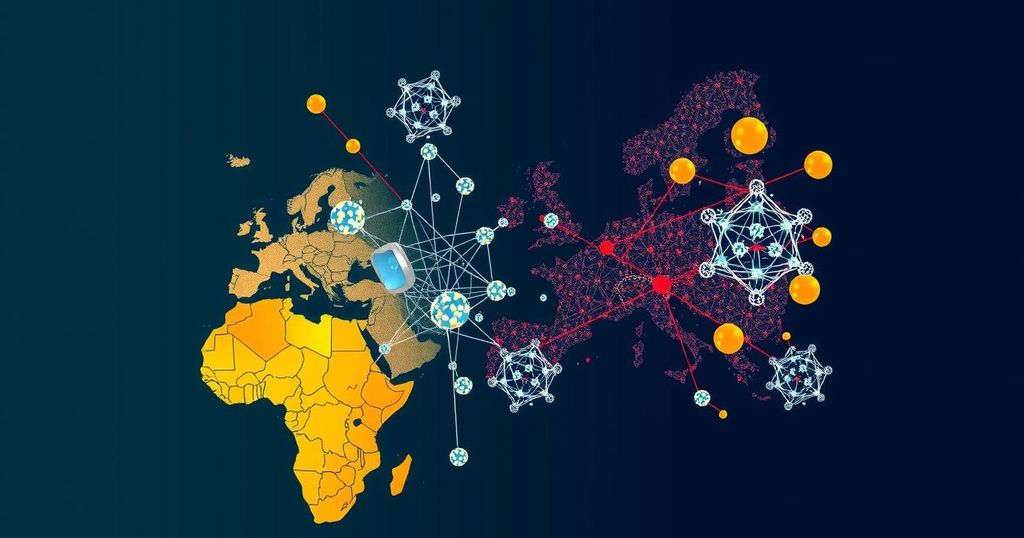Closing the Gap: Enhancing Scientific Research Capacity in Africa

Africa has only 20 scientific researchers per million people, starkly trailing Europe’s 246. Key strategies to close this gap include bolstering post-doctoral training, fostering equitable international research partnerships, and elevating the role of local expertise in health research. Organizations like the Africa Research Excellence Fund are working to address these issues through capacity-building and mentoring programs for aspiring researchers.
Africa faces a significant gap in scientific research, with only 20 researchers per million people compared to Europe’s 246. To bridge this gap, enhanced funding for post-doctoral positions and training is required. Moreover, equitable international research partnerships that leverage local expertise while addressing gender inequalities and language barriers are essential. Promoting locally led research initiatives can empower African scientists to effectively address health challenges through culturally relevant approaches. Organizations like the Africa Research Excellence Fund aim to support these initiatives through capacity-building programs that enhance the skills and networks of aspiring researchers. By fostering an inclusive research environment, it is possible to create a more balanced global research landscape that recognizes and utilizes Africa’s potential. As the world grapples with health crises exacerbated by issues such as climate change and global interconnectedness, investing in Africa’s research capacity is not only a moral imperative but a necessity for global health security.
The disparity in global research capacity is particularly pronounced in Africa, where the number of health researchers per million inhabitants is disproportionately low. Although there has been an increase in funding for postgraduate training, there remains a lack of sustainable opportunities that would support researchers after obtaining their degrees. Furthermore, underrepresentation of women, language barriers, and insufficient mentorship exacerbate these challenges. Research partnerships that prioritize local engagement and equitable power dynamics are vital to harness Africa’s research potential and address pressing health concerns effectively.
To address the significant research gap in Africa compared to Europe, it is essential to invest in post-doctoral training and create equitable international research partnerships. Focusing on locally led research that utilizes indigenous knowledge and prioritizes inclusion, particularly for women and multilingual scholars, will contribute to a more balanced and effective approach to health research in the continent. Organizations like AREF play a crucial role in this endeavor by providing necessary support and opportunities for researchers.
Original Source: www.weforum.org






